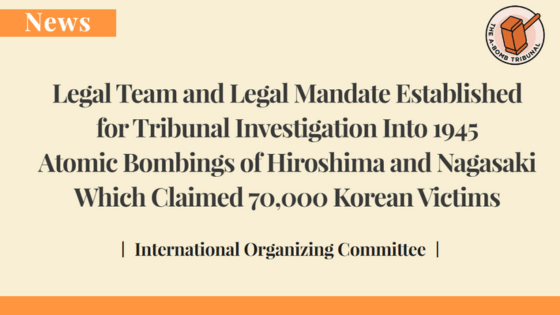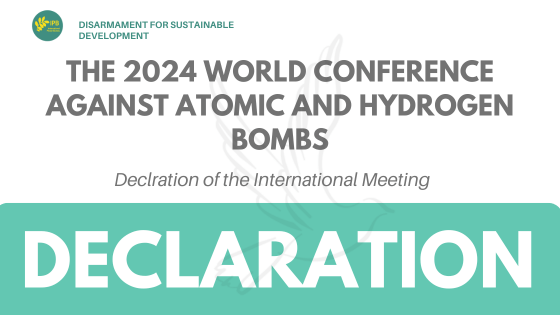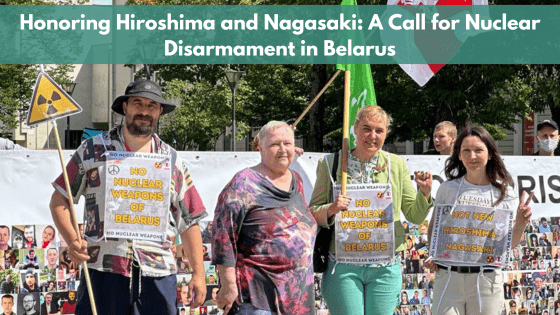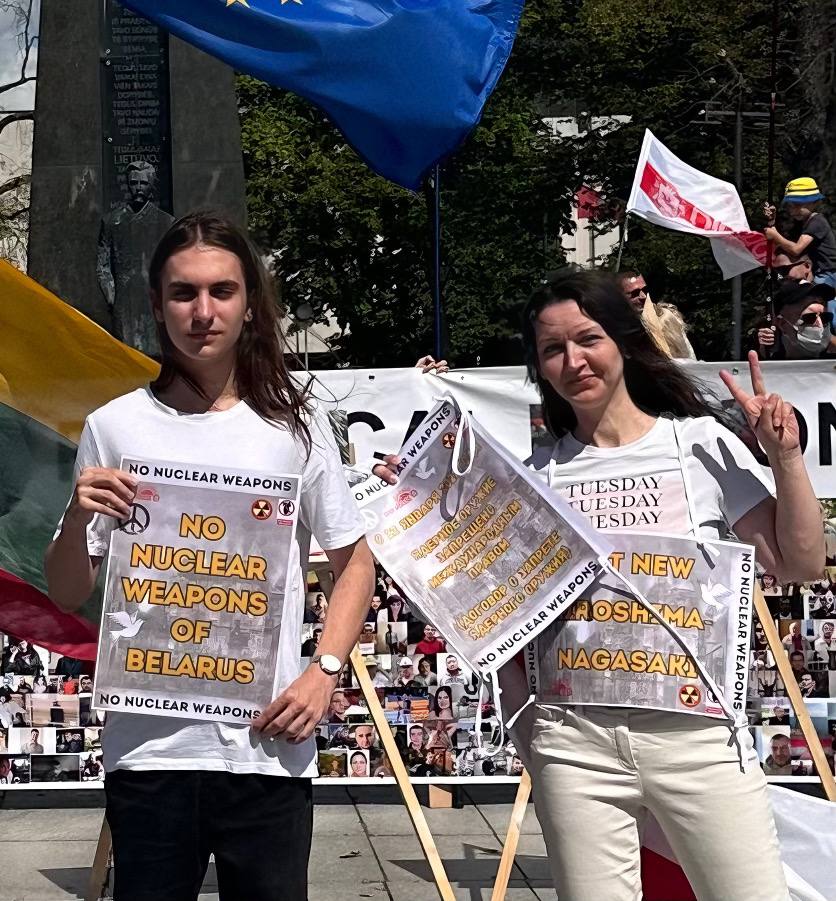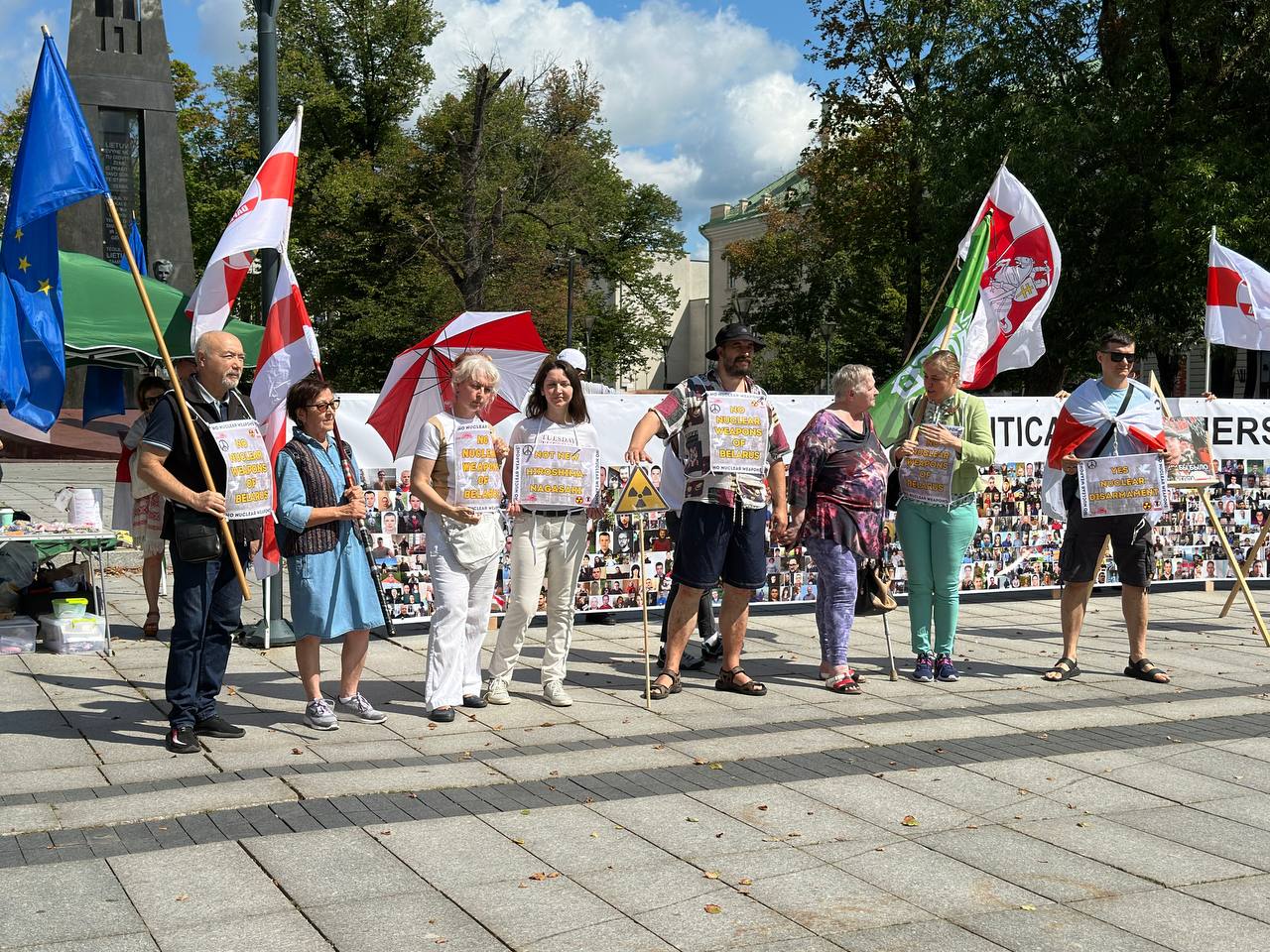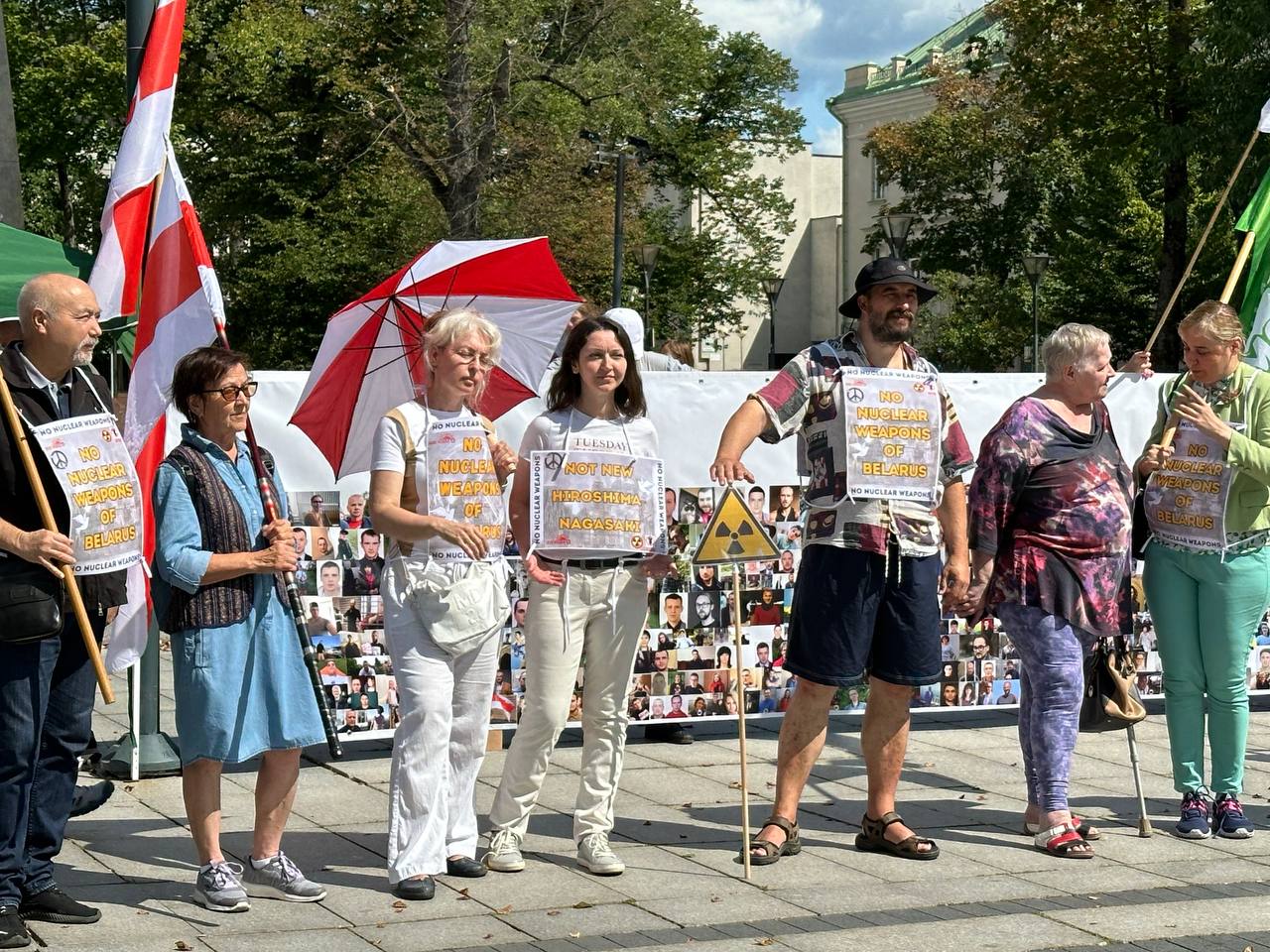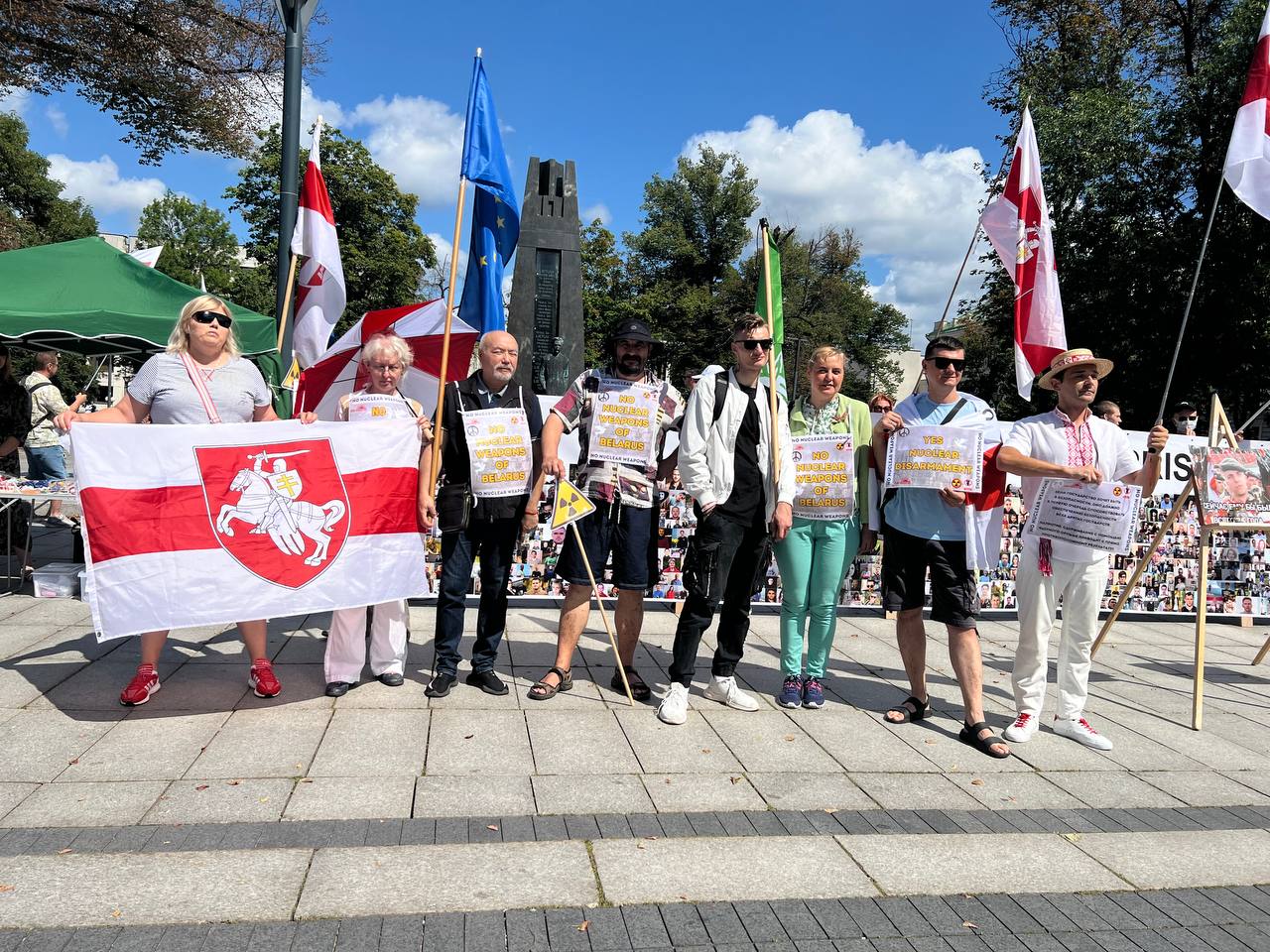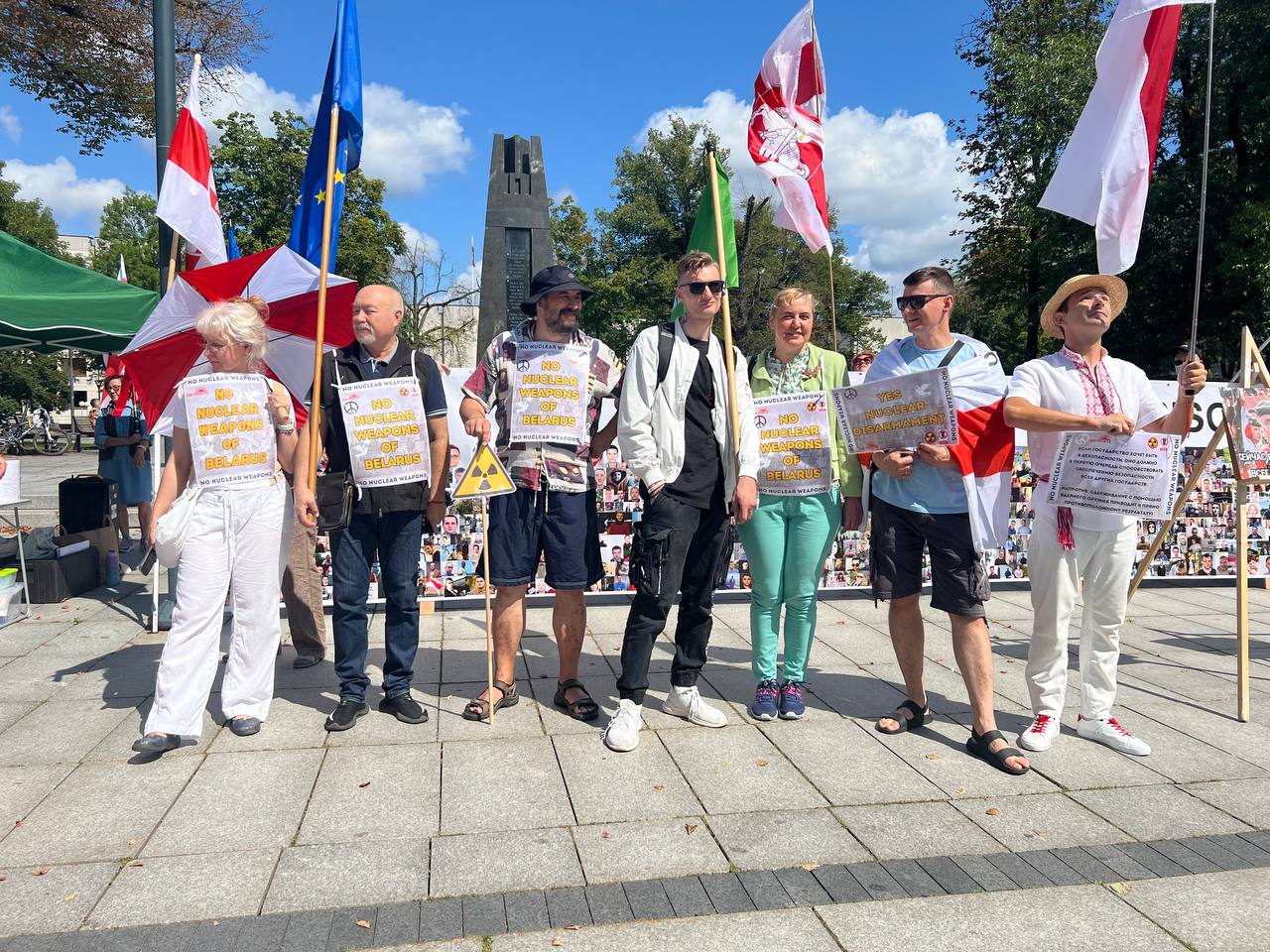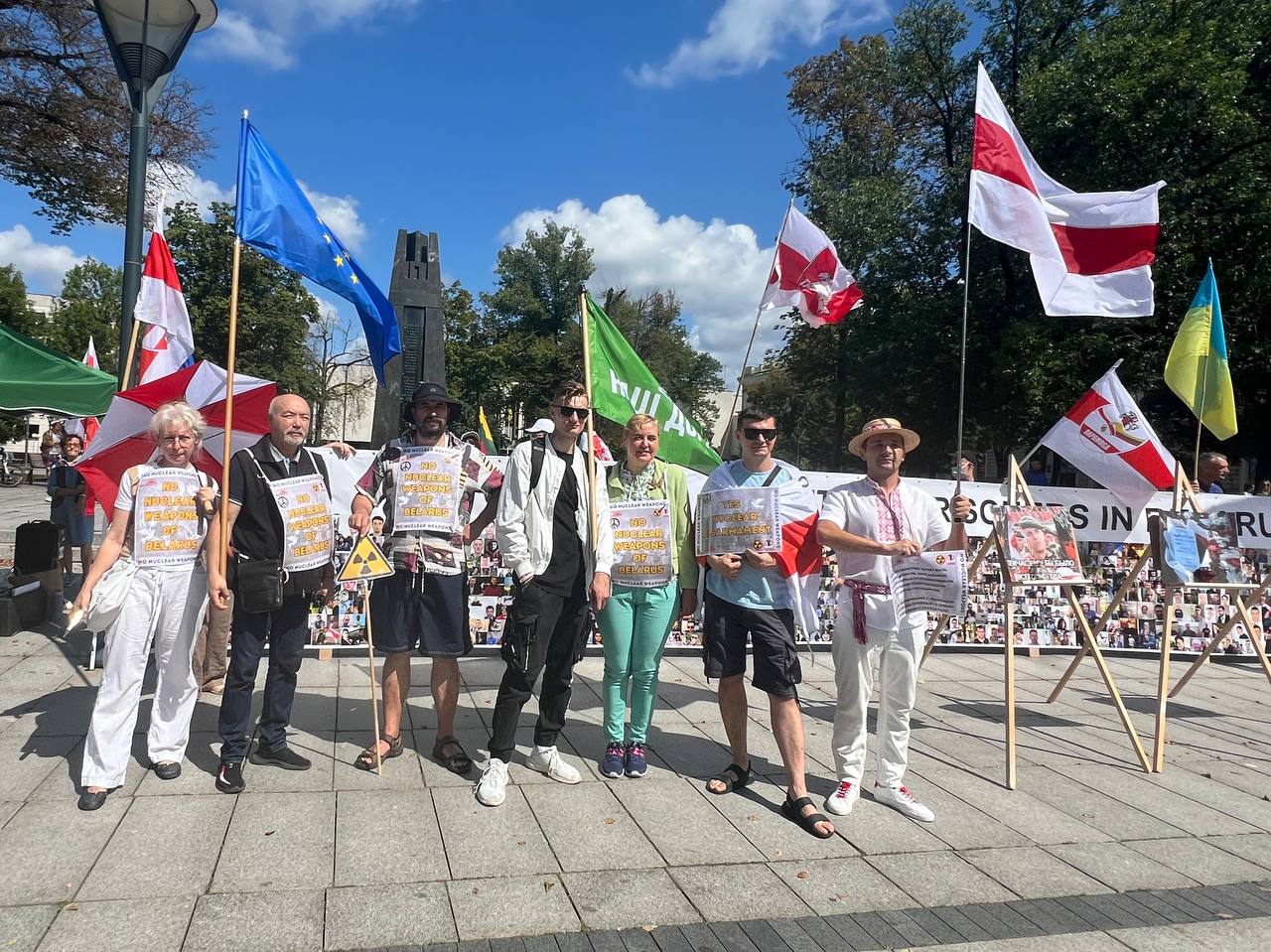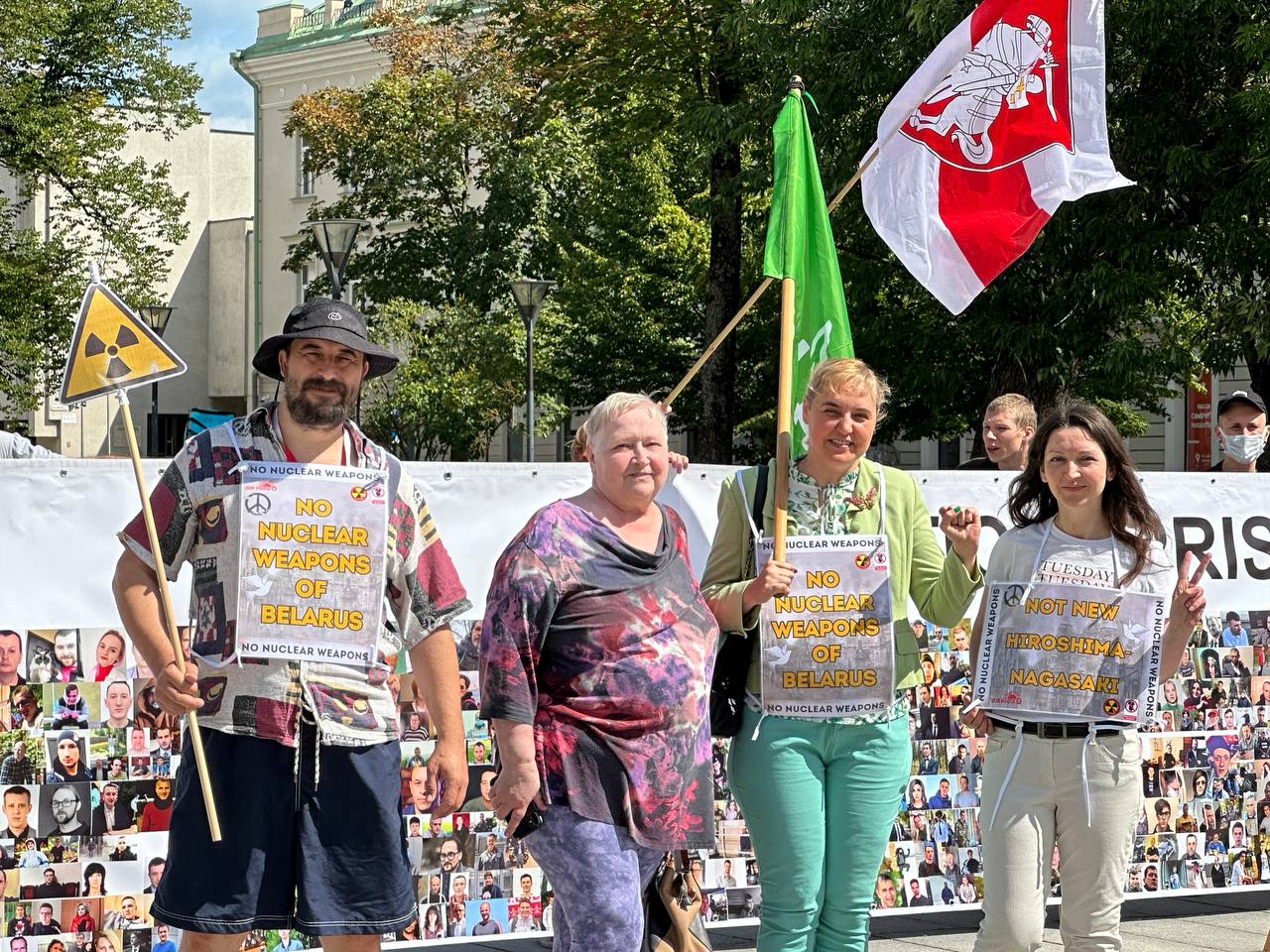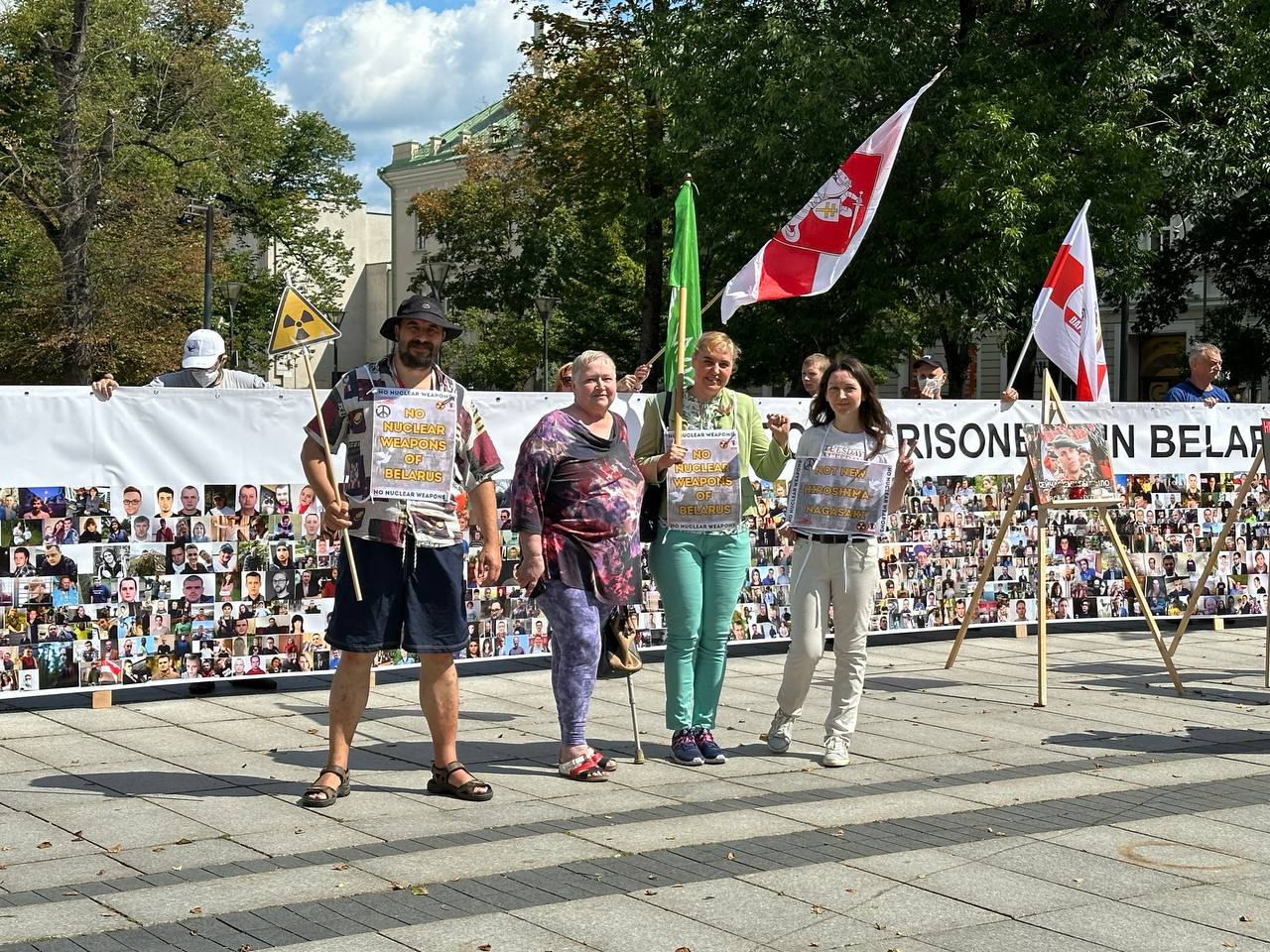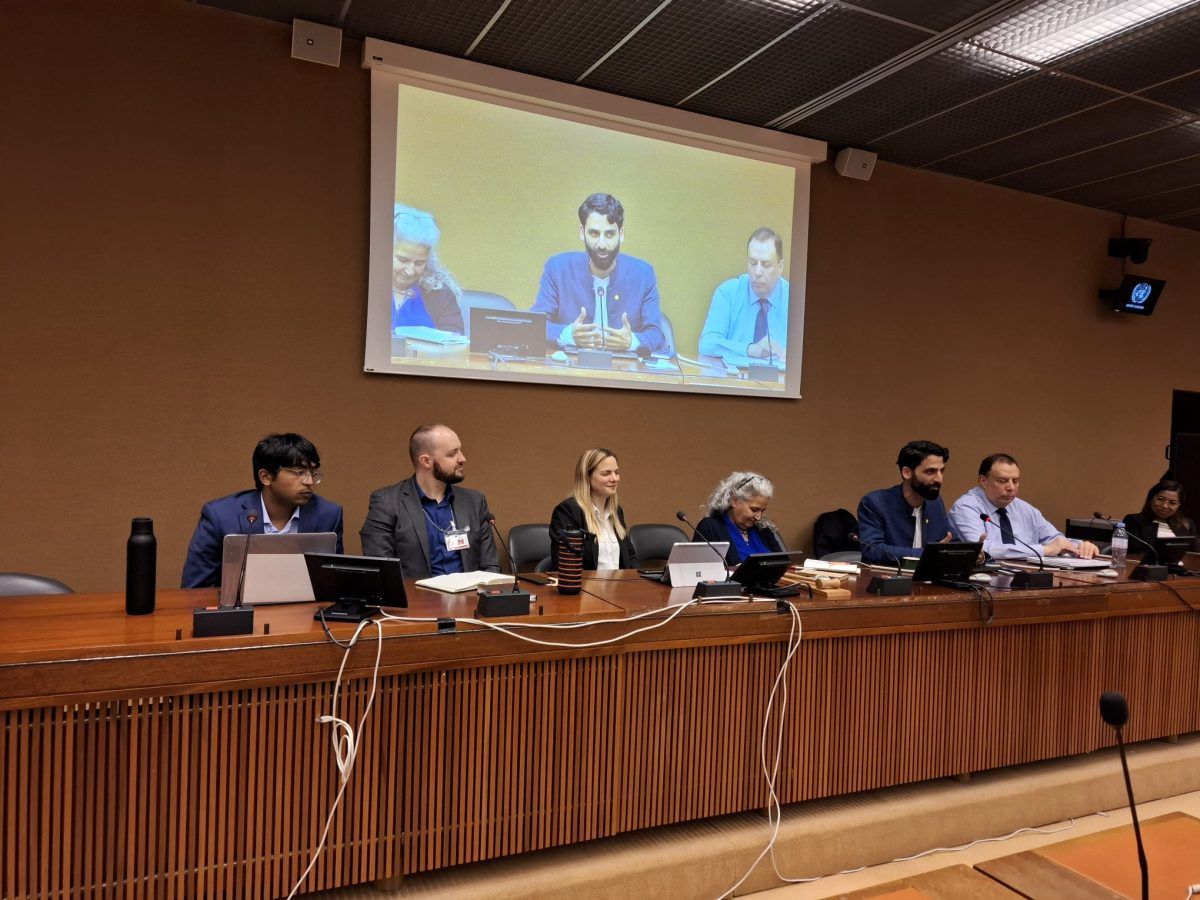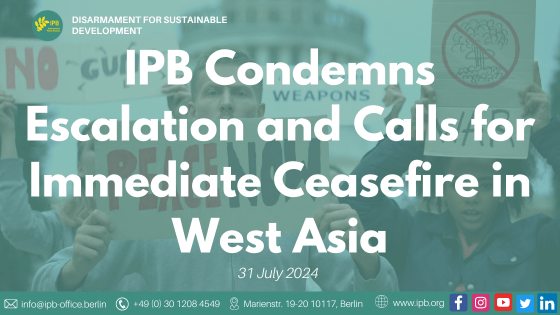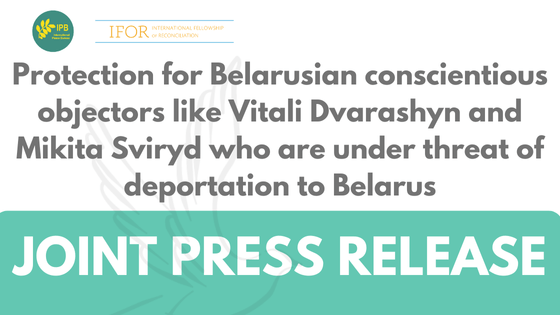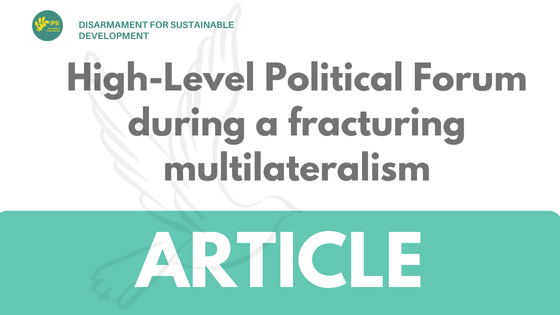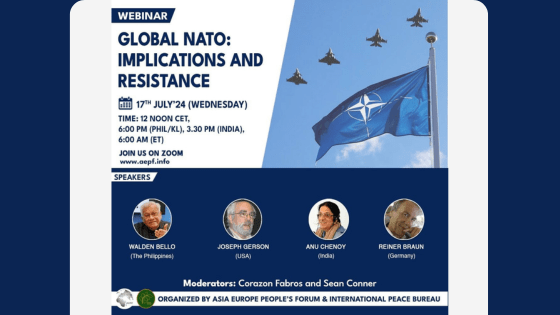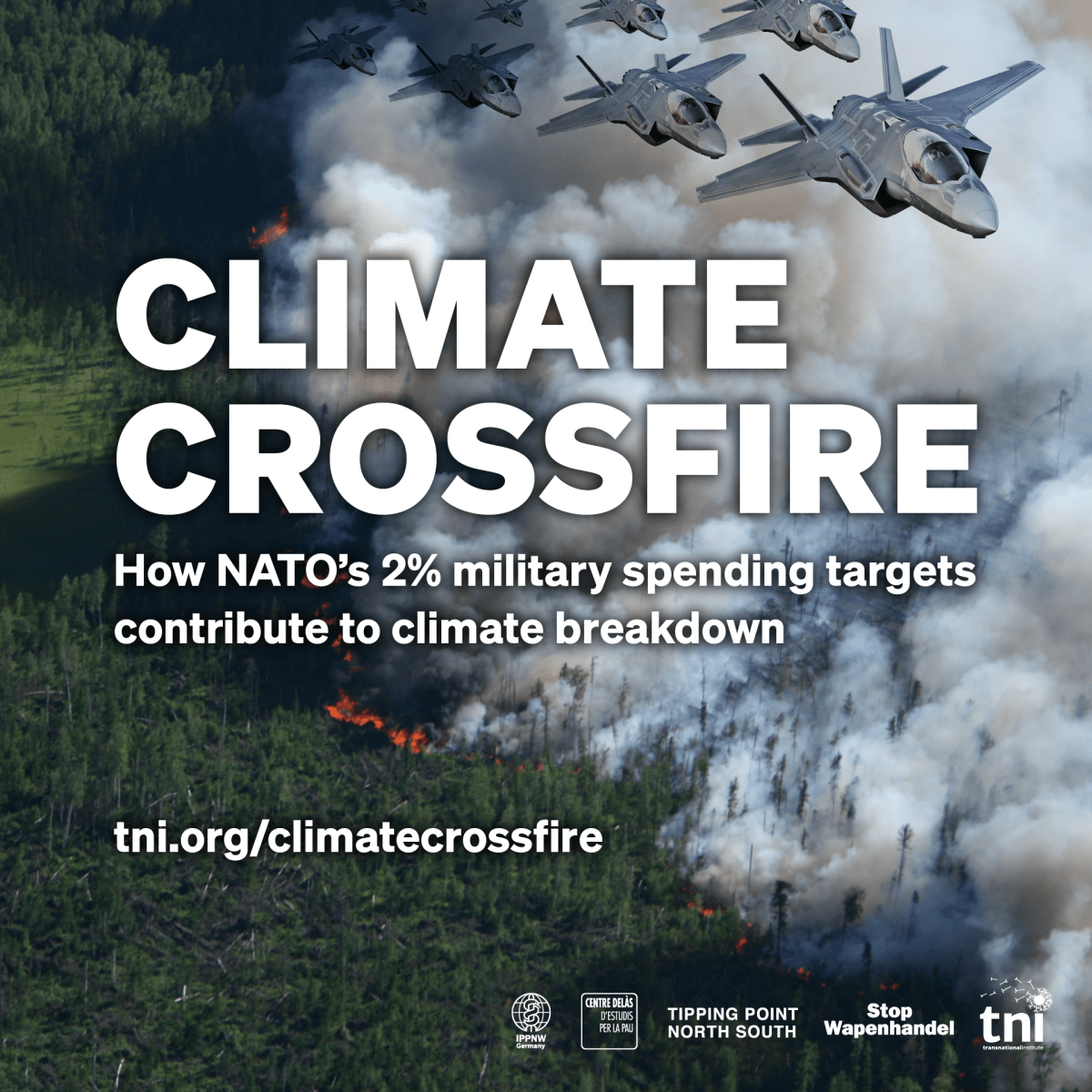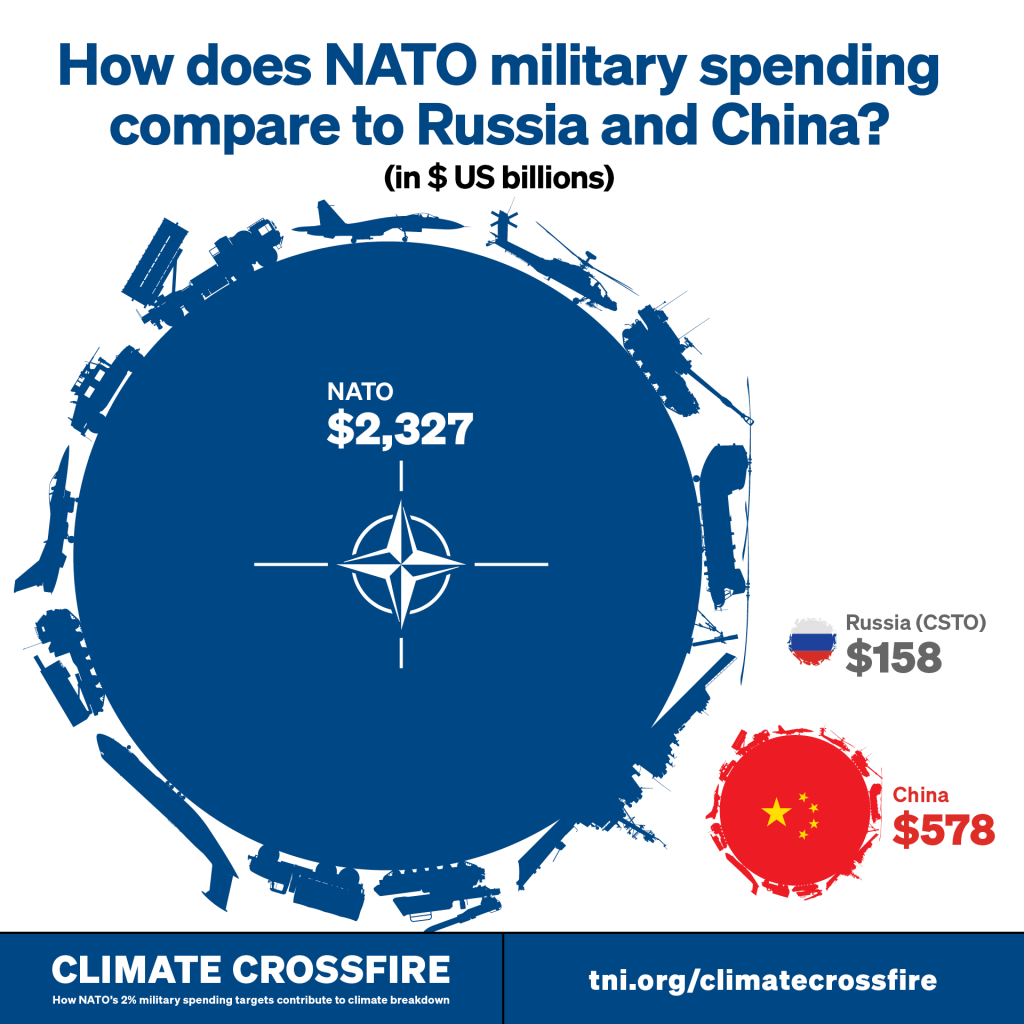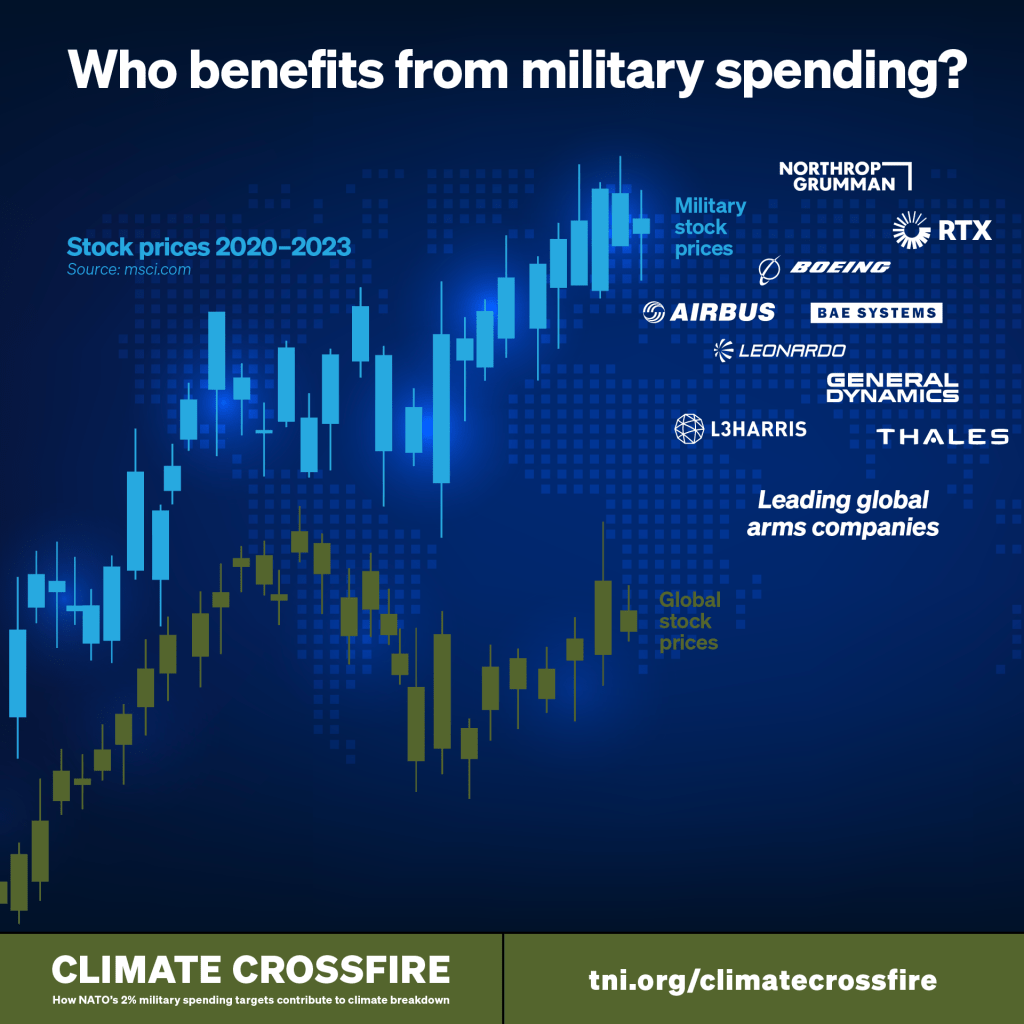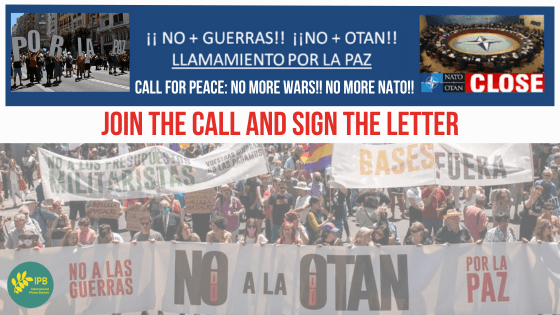The International People’s Tribunal on the Responsibility of the U.S.A. for the 1945 Atomic Bombings and for Ensuring Redress (Apology) to the Korean Victims
On August 6, 2024, The International People’s Tribunal on the Responsibility of the U.S.A. for the 1945 Atomic Bombings and for Ensuring Redress to the Korean Victims announced the members of the Legal Review Team which will be leading a Tribunal seeking the following:
1. A legal decision as to whether the 1945 atomic bombings by the U.S. violated international law.
2. A legal decision that the current threat to use and the use of nuclear weapons are in violation of international law.
3. An official apology from the U.S. to the Korean victims for the atomic bombings of 1945.
A detailed Legal Review Paper is attached to this Press Release.
During the 1930s, approximately 1.2 million Koreans were forcibly removed by the Japanese from their homeland, and many were brought to the cities of Hiroshima and Nagasaki to work for the Japanese. The U.S. knowingly dropped the world’s first atomic bombs on these two civilian cities on August 6 and August 9, 1945, claiming over 700,000 victims in total, 70,000 of which were Korean nationals.
This International People’s Tribunal has established a powerful legal team with law professors and trial attorneys from around the world to present the evidence, argue the law, and hold the relevant parties accountable. A panel of international judges will deliberate on the evidence and render a verdict.
Presenting this evidence and establishing these precedent-setting legal rulings will have a positive influence on the Denuclearization of the Korean Peninsula and the bringing of a lasting peace to that area and to a world without nuclear weapons.
The Tribunal Legal Team consists of the following members:
· Daniel Rietiker, Adjunct Professor of International Law and Human Rights at Lausanne University, Switzerland; Co-President of IALANA
· Toshinori Yamada, Professor at Meiji University Law School, Japan
· Okubo Kenichi, President of Japan Association of Lawyers Against Nuclear
Arms, Japan
· Manfred Mohr, Professor of International Law and Co-chair of International Coalition to Ban Uranium Weapons, Germany
· Monique Cormier, Senior Lecturer at the Faculty of Law, Monash University, Australia
· Anna Hood, Associate Professor of the Auckland Faculty of Law, New Zealand
· John Kierulf, Former Diplomat of the Denmark Ministry of Foreign Affairs
The Tribunal also announced that the official Co-Chairs of the International People’s Tribunal are the Honorable Former Bishop Kang Uil (Peter) from the Catholic Diocese of Jeju; and the former Mayor of Hiroshima, the Honorable Hiraoka Takashi. Both individuals were in attendance in June 2024 in Hiroshima during the second forum to establish the Tribunal. Their long work in this field, their legacy and voice, provide a deep moral authority to the Tribunal.
The Tribunal will spend the next two years assembling evidence, witness testimony, and forming its legal arguments. The Tribunal will hold its oral proceedings in New York City in 2026, a year which will mark the convening of the Review Conference of the Treaty on the Non-Proliferation of Nuclear Weapons and the Review Conference of the Treaty on the Prohibition of Nuclear Weapons.
SPARK (Solidarity for Peace and Reunification of Korea), a peace NGO based in South Korea, and Brad Wolf, lawyer and former prosecutor serve as co-coordinators.
The following organizations have endorsed this Tribunal and are serving as partner organizations: Environmentalists Against War, World BEYOND War, Peace Action, International Association of Lawyers Against Nuclear Arms, International Peace Bureau, International Fellowship of Reconciliation, Japan Association of Lawyers Against Nuclear Arms, Japan Council Against Atomic and Hydrogen Bombs, Korean American Peace Fund, Merchants of Death War Crimes Tribunal, Peace Action New York State, STOP the War Coalition Philippines, The International League of Peoples’ Struggle, Veterans for Peace, The United Methodist Church,
Contacts:
South Korea: SPARK, abombtribunal@gmail.com
U.S.A.: Brad Wolf, bradwolf1310@gmail.com
Join the Initiative through SPARK
| We are SPARK, a peace organization based in South Korea. Collaborating with Korean atomic bomb victims, we are currently undertaking a project to organize the International People’s Tribunal on 1945 US Atomic Bombings (scheduled in 2026). We are reaching out to request your organization’s participation as a partner. |
| The International People’s Tribunal is a significant endeavor to hold the United States accountable for the dropping of atomic bombs. To ensure the success of the A-Bomb Tribunal, collaboration from various organizations is essential. Any non-governmental organization is eligible to become a partner organization for the International People’s Tribunal. No joining fee or annual subscription is required, although financial and other relevant contributions are welcome. PartnersEnvironmentalists Against War, World BEYOND War, Peace Action, International Association of Lawyers Against Nuclear Arms, International Peace Bureau, International Fellowship of Reconciliation, Japan Association of Lawyers Against Nuclear Arms, Japan Council Against Atomic and Hydrogen Bombs, Korean American Peace Fund, Merchants of Death War Crimes Tribunal, Peace Action New York State, STOP the War Coalition Philippines, The International League of Peoples’ Struggle, Veterans for Peace, The United Methodist Church – To be added |
| SPARK(Solidarity for Peace and Reunification of Korea) is a grassroots movement organization established in 1994, during a time of heightened tension on the Korean Peninsula, following the spirit of the Korean peace movement. SPARK, which leads the A-Bomb Tribunal alongside Korean atomic bomb victims, is committed to five core values: sovereignty, peace, reunification, denuclearization, and disarmament. |

